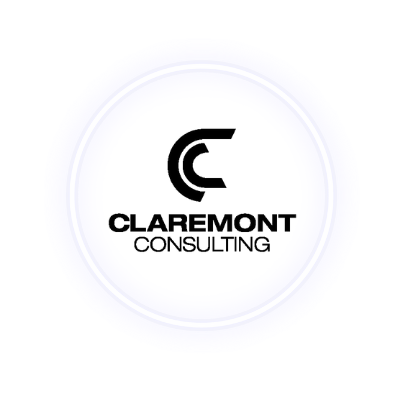Returning to work after a career break
Returning to work after a career break can be daunting, especially if you’ve been out of the workforce for a long time. You might be worried about how to explain your absence, updating your skills, or reestablishing your network. However, with a little preparation and confidence, you can successfully transition back to the workforce. In this blog post, we’ll offer tips to help you make a smooth return to work after a career break.

1) Define your career goals
Before returning to work, it's essential to assess your career goals and what you hope to achieve by returning to work. You might have different priorities now than when you left the workforce. Think about what type of job or role you would like, your ideal working hours, and your long-term career aspirations. This clarity will help you focus your job search, tailor your resume and cover letter, and articulate your value proposition to potential employers.
2) Refresh your skills and knowledge
Technology and best practices change rapidly, so it's crucial to keep up with industry developments and refresh your skills and knowledge. Attend relevant industry events, workshops, and conferences to update your skills, network with peers, and learn about emerging trends. You can also take online courses or certifications to learn new skills and demonstrate your commitment to staying up-to-date.
3) Update your resume and cover letter
Your resume and cover letter are your marketing tools to showcase your skills, experience, and achievements to potential employers. Tailor your resume and cover letter to highlight your most relevant skills and experiences, considering the job description and requirements. Be honest about your career break, but focus on your accomplishments during that time, such as volunteering, caregiving, or freelance work. Include any training or courses you have taken to refresh your skills.
4) Network and leverage your contacts
Networking is one of the most effective ways to find job opportunities and learn about the job market. Reach out to former colleagues, industry peers, and alumni groups to expand your network and gather information about job openings. Attend industry events, professional associations, and online groups to connect with people in your field. Don't be afraid to ask for informational interviews to learn more about potential employers or job opportunities.
5) Look for career returner programs
As well as using job boards to search for jobs, research the various career returner programs that may be available. Deloitte is just one example of an organisation who runs this kind of scheme.
Their return-to-work program lasts for 20 weeks and is aimed at men and women who have taken a career break. Whether the break has been for family or other reasons, the scheme provides tailored support and experience to help you readjust to being back at work.
Amazon Web Services is another business offering a similar scheme across many functions to include Solutions Architecture, Customer Solutions Management, Business Development, and Technical Account Management. This is a permanent full-time program (not an internship) with enhanced onboarding and support for people that have taken time away from their career to focus on other priorities.
6) Be confident and positive
Returning to work after a career break can be challenging, but it's essential to stay positive and confident. Believe in your skills, experiences, and achievements and don't apologise for your career break. Focus on your value proposition and how you can contribute to potential employers. Be honest about your availability, but be open to flexible work arrangements and different roles that align with your career goals.
For more tips you can visit our career advice page, or alternatively you can contact one of our experts today,





